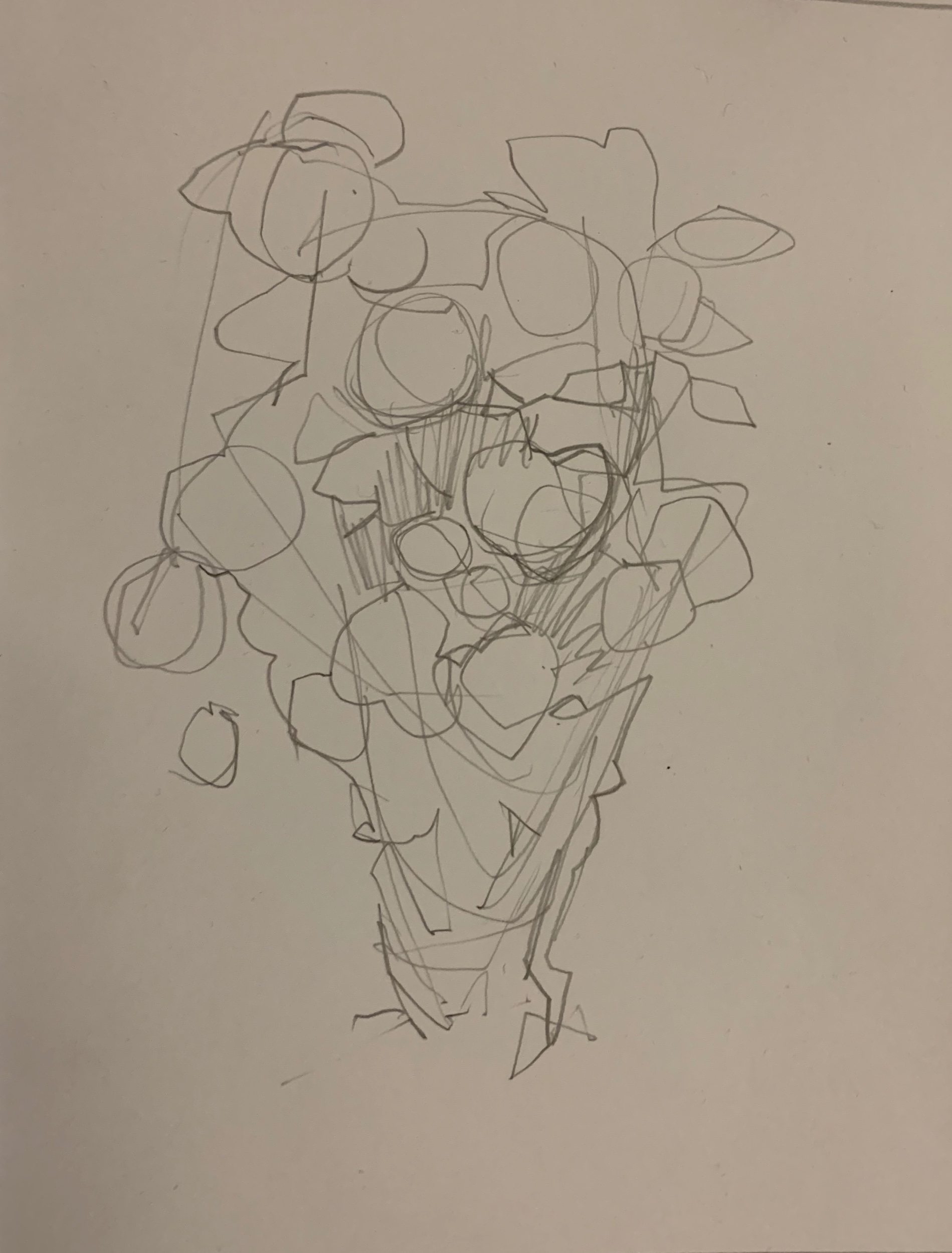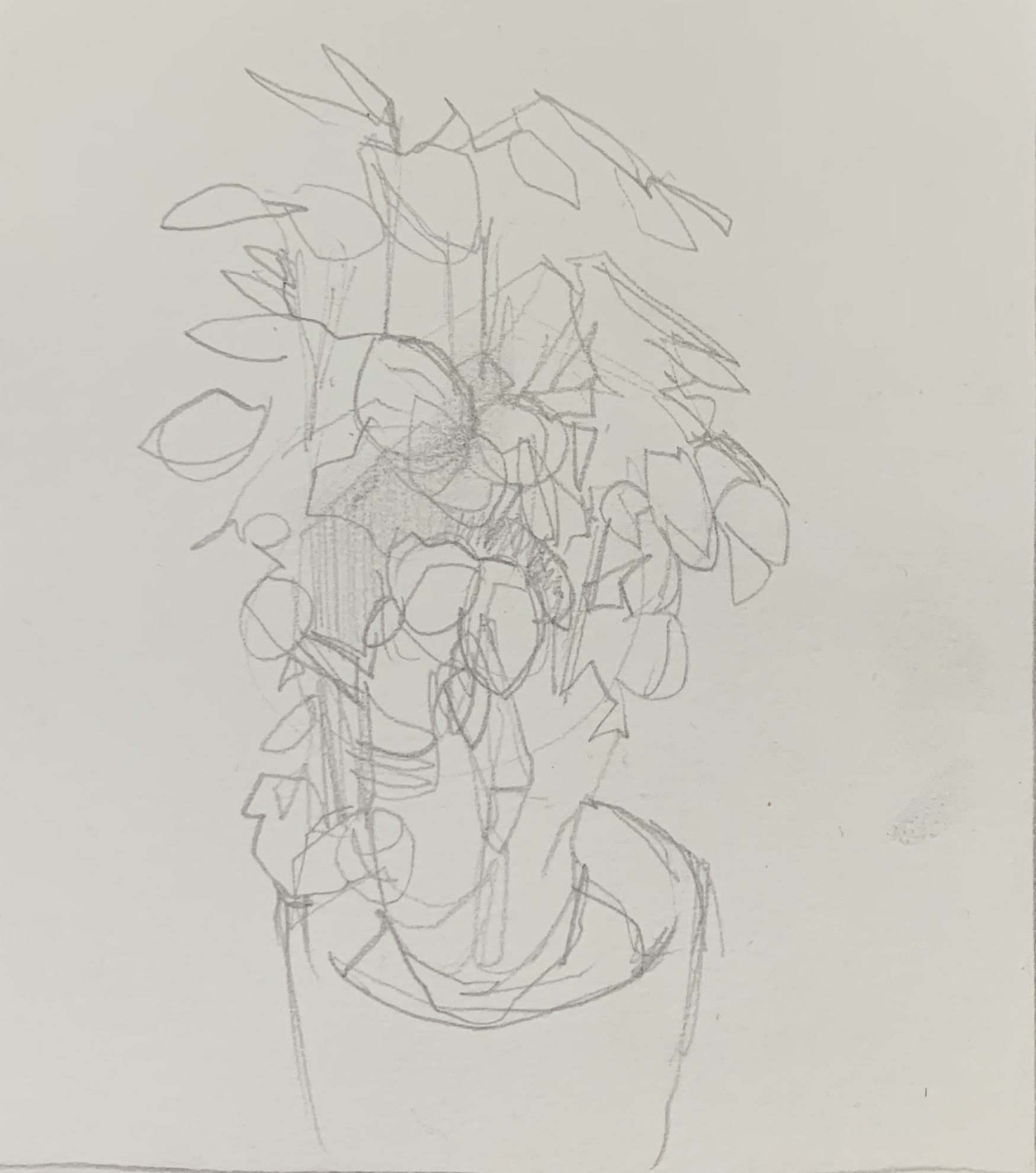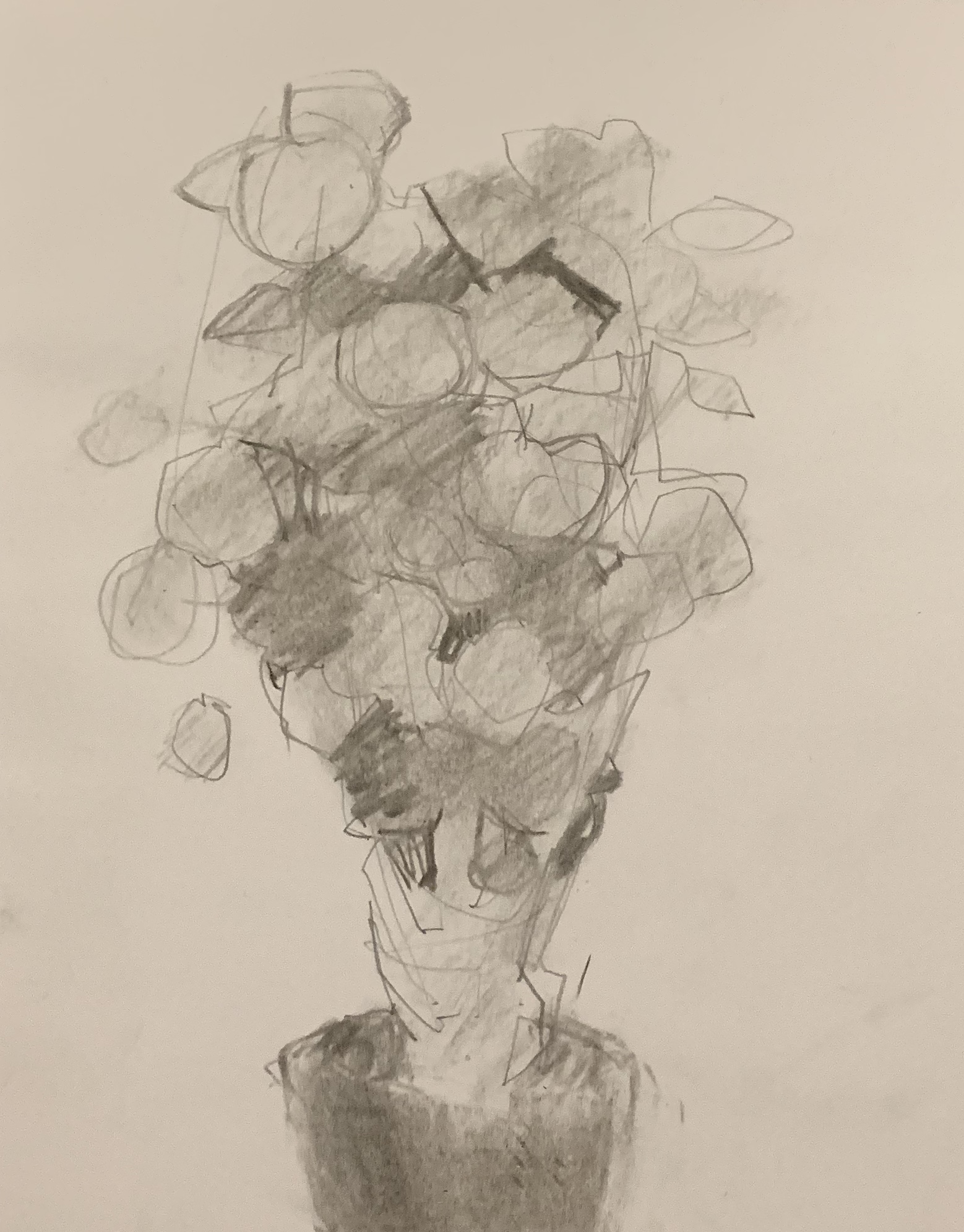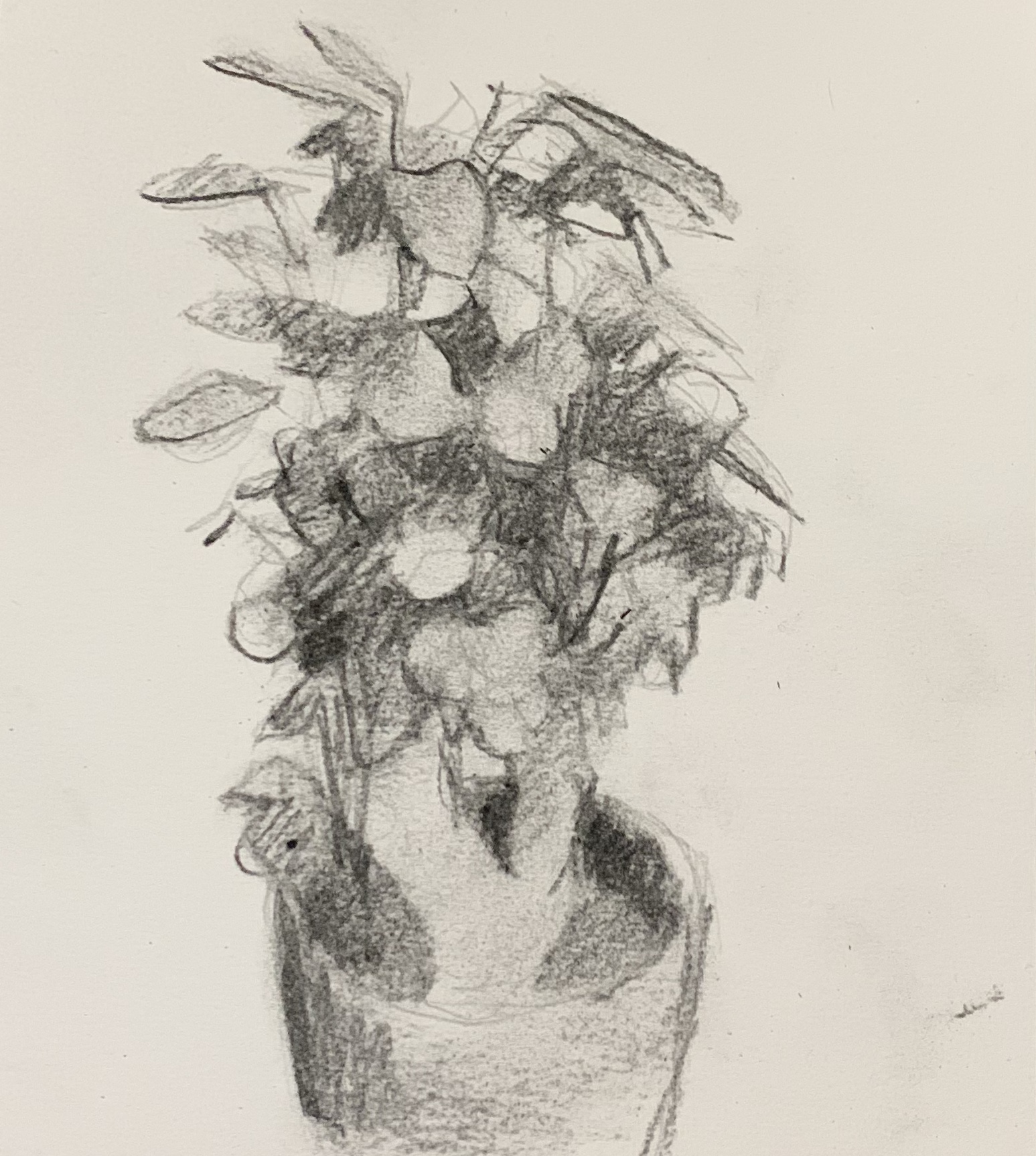The other day at my local art store a question was raised, essentially it boiled down to this:
What material should I use to create amazing art?
A great question and oneI have continuously struggled with. Here is the short answer:
I had just finished an early morning drawing of the Royal City Mission on Quebec St.
After about 30 minutes I felt complete on the image and went to the art store to purchase frames. At the till checking out a student and his mother showed up and they were admiring the drawing.
drawn with a Lyra water soluble graphite crayon on 110lb Staples photocopy paper
They kept inquiring about which paper was the best to draw on? I gave them an answer that I thought would make sense:
whichever one is available
The materials should matter very little when drawing and painting. If it is the material that is making the piece work then the artist is not.
When it comes to studies, understanding and exploration
It is better to do 1000 drawings on paper that is one cent a sheet
verses
1 drawing on a thousand dollar piece of paper
Especially at the beginning of your journey. Allow yourself to make mistakes. Let yourself be free to dive head first into the ocean of painting and drawing without the fear of drowning monetarily. There are enough hang ups surrounding visual art, why add one more to the list.
So now the question becomes:
when is the right time to start worrying about material?
Answer
when it is the right time
The most important tool when painting and drawing is
curiosity
It doesn’t matter in what aspect
subject matter
materials
techniques
speed
it all needs to be approached in the same way.
The sense of discovery will never steer you wrong. It will always let you know when it is time to switch an aspect up about your artistic journey.
Materials will come and go. In the process you will learn that each has their own faults and attributes. Only considered faults because they work against your aims and attributes because they work for.
And guess what?
your aims will always
change
Take for example paper.
There are so many different types it staggers me to even think of trying to simplify the choices.
A major deciding factor should be the difference between surface texture. The feel of the paper. It will be either Hot or Cold press. Hot press is smooth while Cold press is rough. Remember one is not better than the other, they just allow for different results.
Here are two drawings of the same plant from different views:
The paper on the left is hand made in Montreal by St. Arnaud. It has a rough cold pressed texture and is slightly warm in tint.
The paper on the right is a 90lb hot pressed machine made paper, in a Pentalic sketchbook, and has a slightly cool tint.
Below are a series of photos taken of both drawings at throughout the process. Go through and compare them.
I would even suggest making a list of the attributes and faults you find with each image




Now,
Of the attributes and faults how many can be attributed to:
The materials used
The overall drawing
A successful image is not created with
the materials we use
but with
how we use them
If we are hung up during the process of creation on materials our mind will be occupied on superfluous
details
In the case of these drawings our time should be spent on the shape, edge, and value design of the
image
The one quality in a material that is rarely given any weight to is in its amount of forgiveness.
Does it allow for mistakes?
In the final two images I have erased the pot that the plant sits in
you be the judge on which is more forgiving
There are so many factors at play when deciding what materials to use
So in reality there is no right answer on which materials will allow you to create great art. It really depends on what your goals are. Whether it is a painting in the Museum of Modern Art, or gaining skill with gesture drawing people in a cafe. Every decision will inform the next and help you to discover the material that will best support your aims.
All that being said it is important to allow yourself time for media exploration.
so if that is what you are spending time on
let go of the
final image
and





